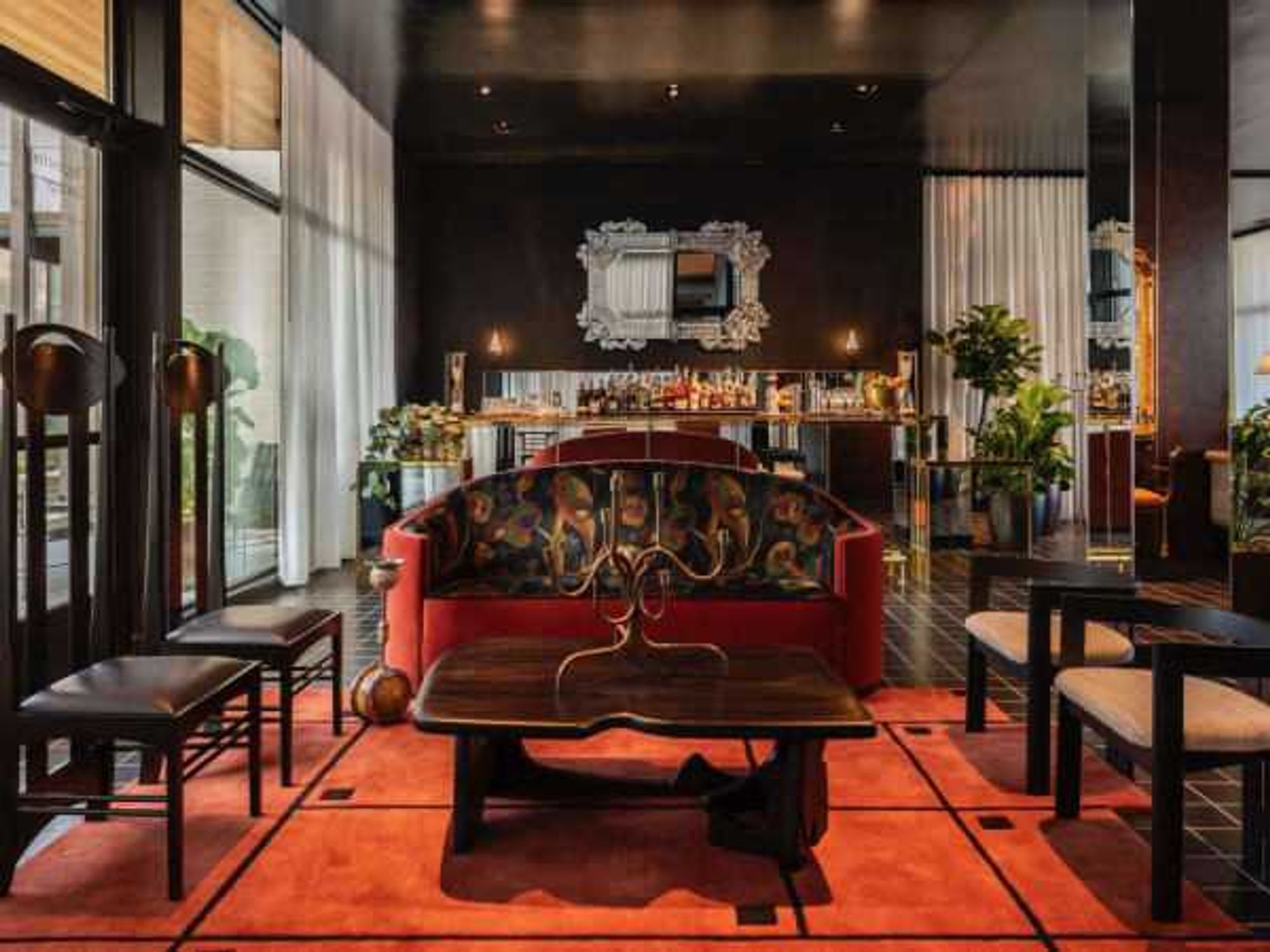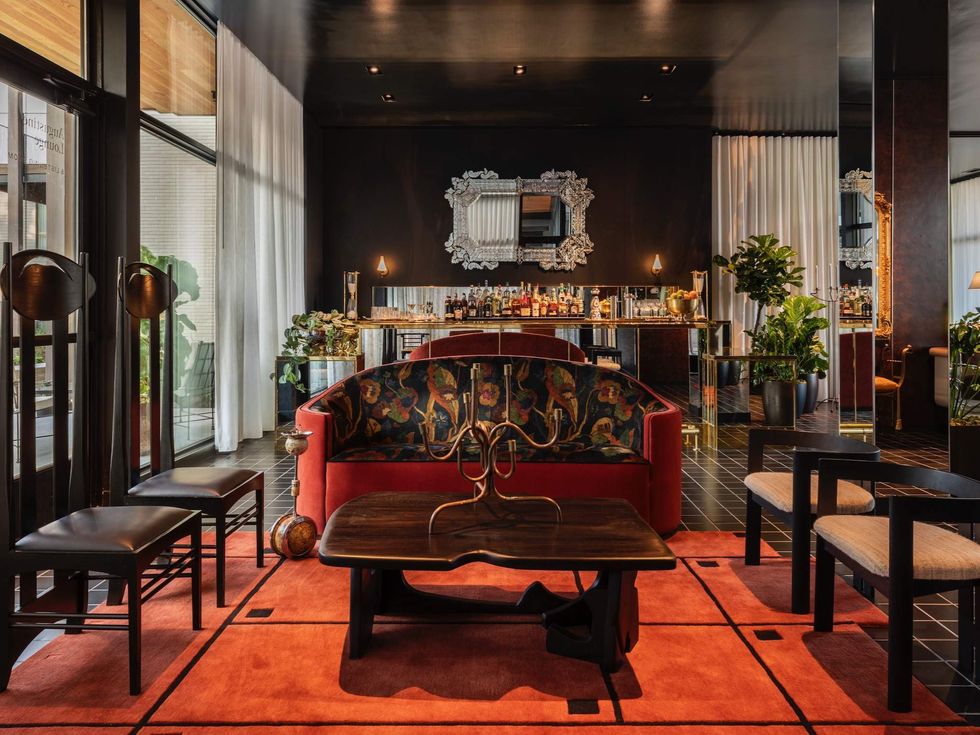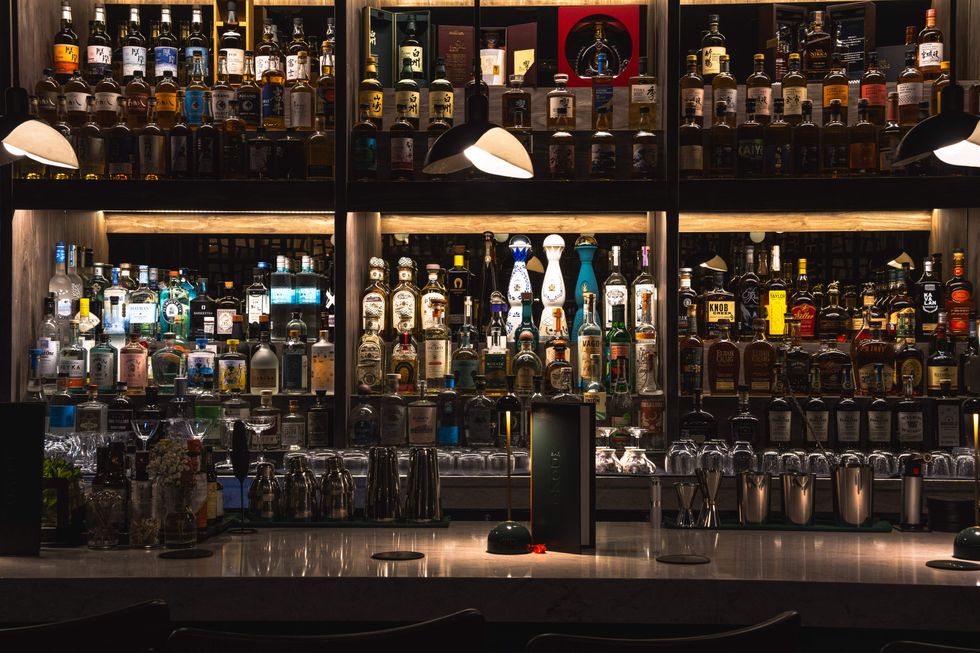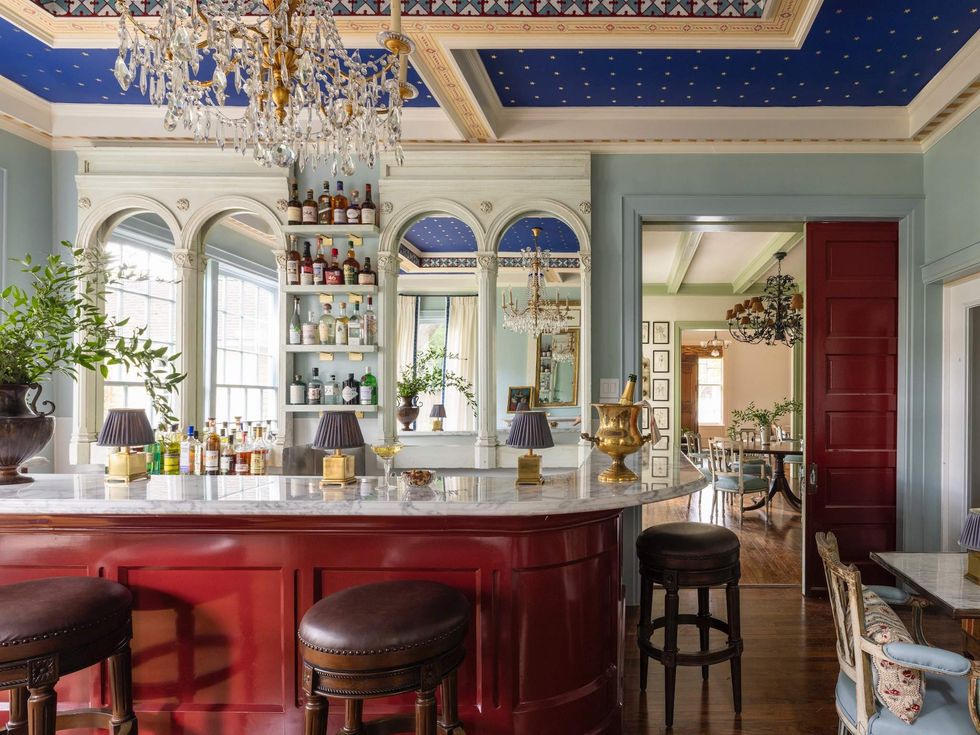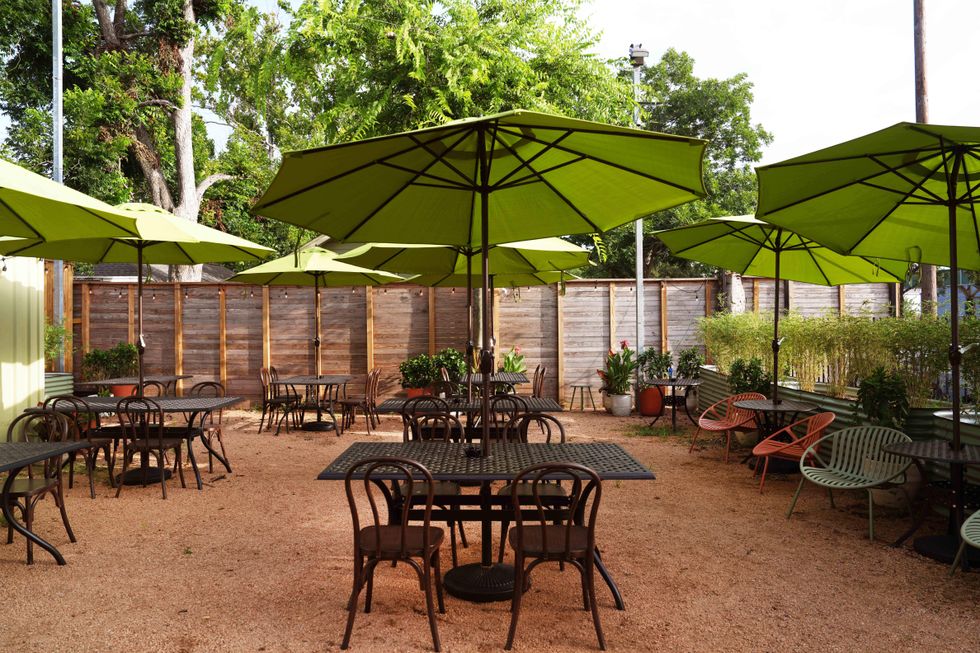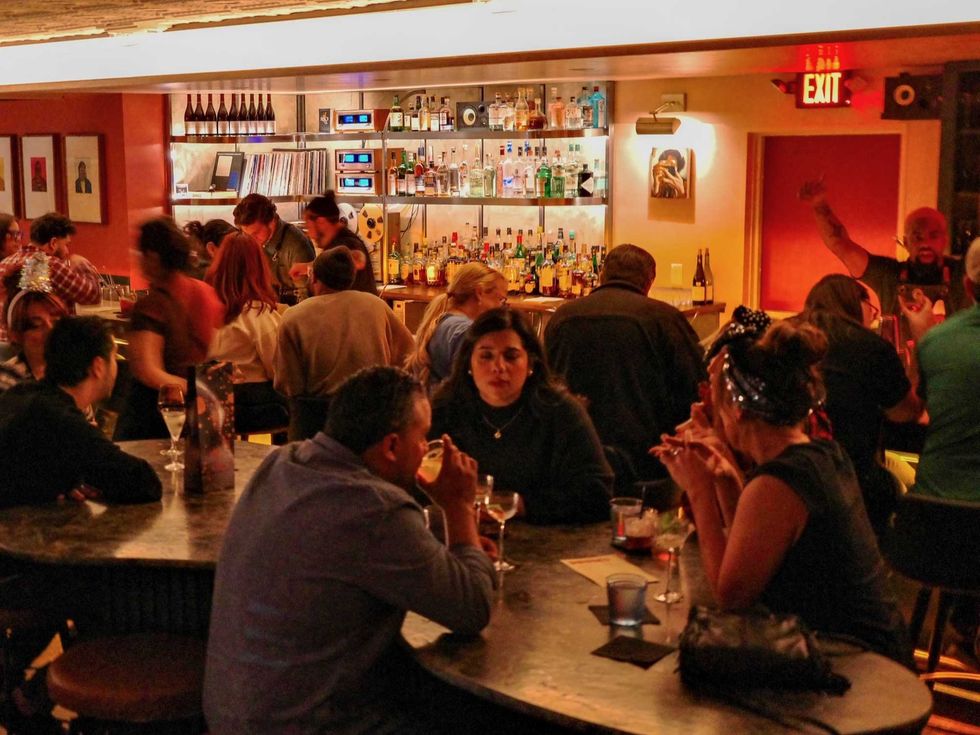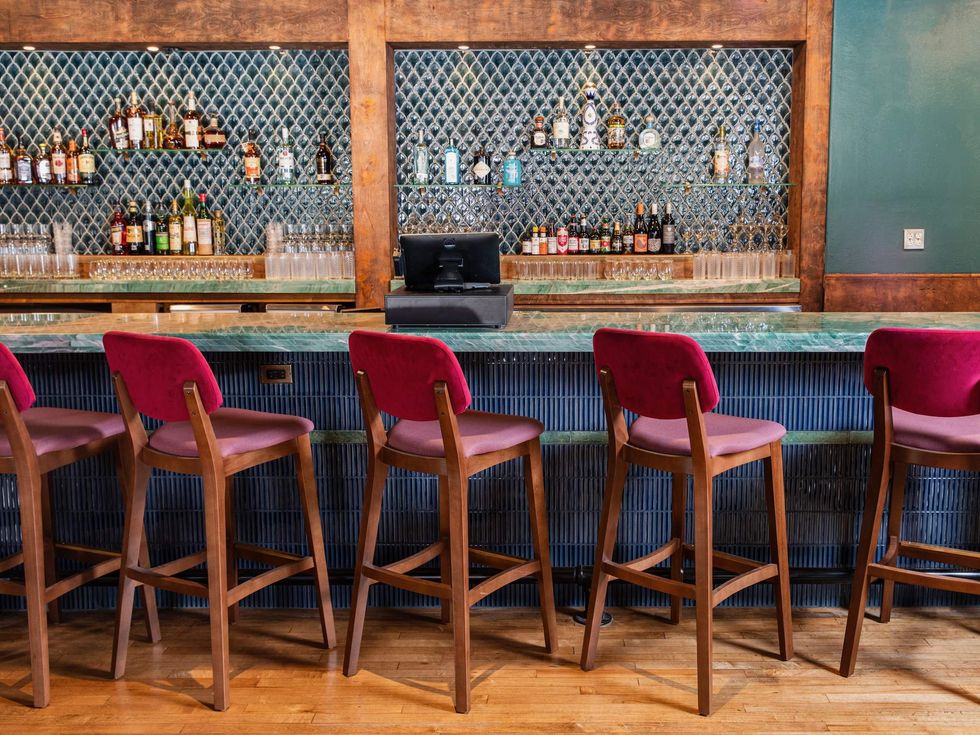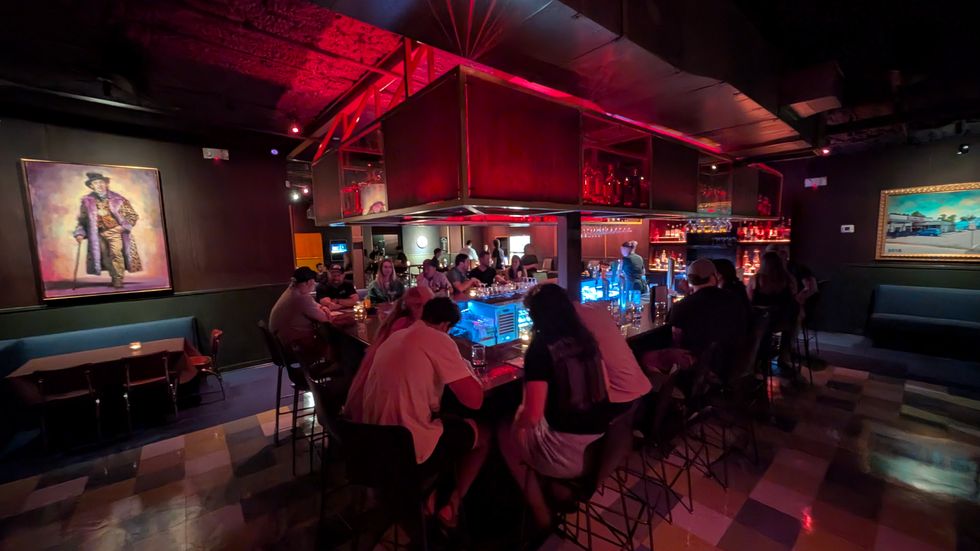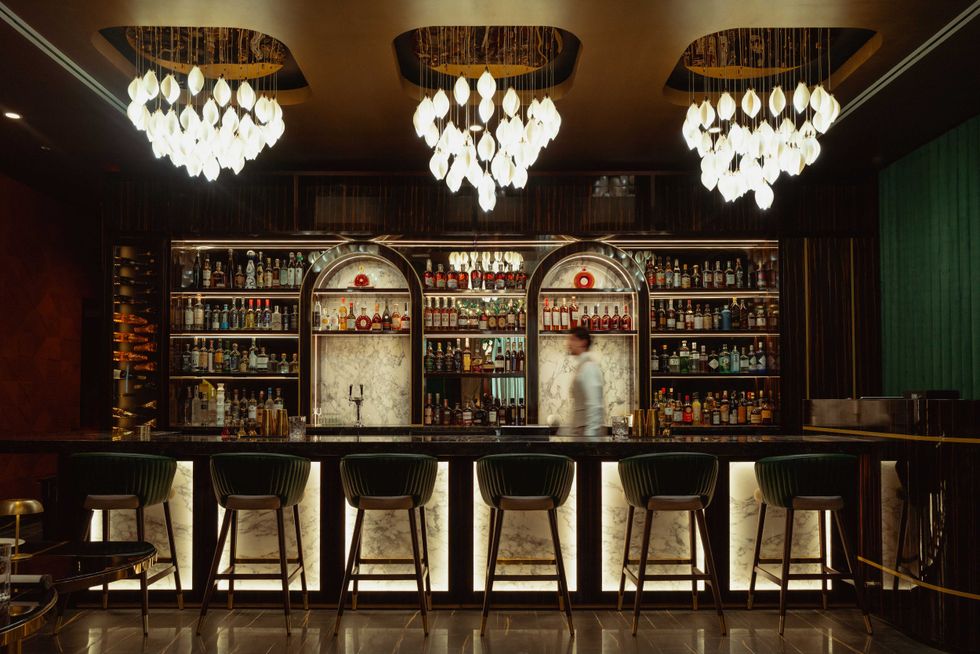Foodie News
Food trucks as terrorist weapons? Debate over rule changes attracts Bun B,restaurant defenders & strange logic
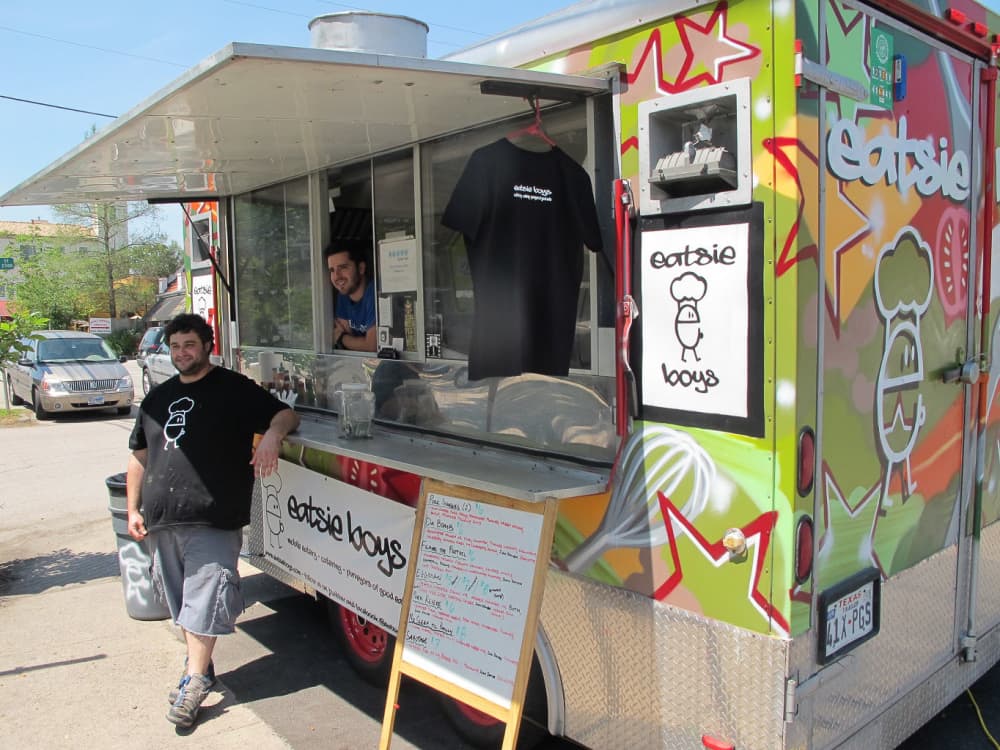 Whether food trucks are good or bad for Houston's restaurant scene became thefocus of debate.Photo by Ruthie Johnson Miller
Whether food trucks are good or bad for Houston's restaurant scene became thefocus of debate.Photo by Ruthie Johnson Miller Save Our Food Trucks organizers gather outside City Hall before Tuesday's citycouncil meeting.Save Our Food Trucks/Facebook
Save Our Food Trucks organizers gather outside City Hall before Tuesday's citycouncil meeting.Save Our Food Trucks/Facebook Hip-hop artist Bun B spoke up for food trucks.Bun B/Facebook
Hip-hop artist Bun B spoke up for food trucks.Bun B/Facebook
Does the presence of food trucks hurt or help brick and mortar restaurants? Do they contribute to a thriving neighborhood or are they an eyesore and potential danger?
Those questions were the main issue of debate as Houston's City Council's committee on Housing, Sustainable Growth and Development weighed potential changes to city ordinances that affect mobile food units (MFUs), more commonly known as food trucks.
In front of a crowd of organized food truck operators and restaurateurs, sustainability director Laura Spanjian presented a trio of proposed modifications to the existing mobile food unit regulations:
- To allow food trucks using propane tanks of less than 40 pounds to operate in downtown Houston the only parts of town where propane-based trucks are currently banned.
- To eliminate the minimum required space between food trucks (it's currently 60 feet), with a provision that four or more mobile food units within 60 feet would require the presence of a fire safety officer.
- To eliminate the minimum distance between a food trucks and existing tables and chairs (they must currently be 100 feet away) and to allow food trucks to provide up to three tables and six chairs for customers during service that must be removed at the end of service.
"We set out to determine why these rules existed: Were they sort of old and outdated, or were they relevant to health and safety?" said Spanjian, who listed making Houston a food destination among her goals in revising the ordinances.
However, city council members in attendance expressed serious concerns about the proliferation of trucks. Some expressed concerns that opening up the downtown district to propane trucks would result in a slew of new trucks, creating challenges for the existing regulators, with only three city inspectors in charge of 939 mobile food units. Others said that food carts create an eyesore instead of an appealing streetscape.
Shine said the association respects the mobile food culture but that allowing food trucks to provide seating "allows them to become restaurants on wheels rather than mobile trucks."
Council member Jack Christie said that food trucks are in the business of selling items other than food, "some legal and some illegal," strongly implying that those who run mobile food units also deal drugs.
Several council members also charged that allowing food trucks with propane tanks in the downtown corridor would be a serious safety risk. A representative from the Houston Fire Department said that he felt comfortable with the proposed changes and found propane tanks an "acceptable risk," but when pressed by council members he agreed that a propane explosion — however unlikely — would be "catastrophic."
"There is no competition here, there is danger here," said council member Andrew Burks Jr., who declared his intention to vote against the changes and warned against the threat posed by terrorism with regard to propane tanks.
Spanjian countered that Houston is the only city in the country that has a similar ban in place, that propane is currently allowed downtown and used by restaurants and residents to heat their patios and that "there has never been a serious accident due to propane in Houston in anyone's memory."
The Debate
When council members turned the discussion up for public comment, more than a dozen restaurateurs spoke up in defense of the value that food trucks add to the community.
Bobby Heugel of Anvil Bar & Refuge called the council members' comments "dated" and defended food trucks as "one of the few ways" available for entrepreneurs to enter the restaurant industry.
"Mobile food units are part of that cultural expansion," Bun B said.
"Our number one goal is to become brick and mortar, and we're on the cusp of that," said Daniel Caballero of Good Dog Hot Dog, joining truck owners Josh Martinez of The Modular, Joanna Torok of Oh My! Pocket Pies and Eatsie Boys' Ryan Soroka (who said that his landlord made him a deal on the new restaurant while in line to buy food from his truck) in speaking out.
Heugel, Inversion Coffeehouse operator Ari Katz and new Hotel ZaZa chef Jonathan Jones noted that when they began partnering with food trucks at their businesses their sales went up, not down, as new customers were attracted to their restaurants.
Rapper, Rice professor and "unofficial Houston cultural ambassador" Bun B also spoke up about the value that food trucks bring to the city.
"Mobile food units are part of that cultural expansion," said Bun B, comparing Houston to New York, Portland and other cities that have successfully integrated food trucks into a thriving food scene.
"Many people come to Houston wanting to taste our culture . . . literally wanting to taste our food," the rapper finished.
One restaurateur who did not come to support the proposed changes was Michael Shine, who spoke on behalf of the Greater Houston Restaurant Association.
Denying charges from his opponents that the restaurant association "hates" food trucks, Shine said the association respects the mobile food culture but that allowing food trucks to provide seating "allows them to become restaurants on wheels rather than mobile trucks." He said that the GHRA believes that the current regulations in place are sufficient to allow the mobile food units to thrive in "fair and competitive environments."
After the first public comment, Spanjian will publish the proposed ordinance changes, giving Houstonians 30 days to review the policies before a vote by city council.
